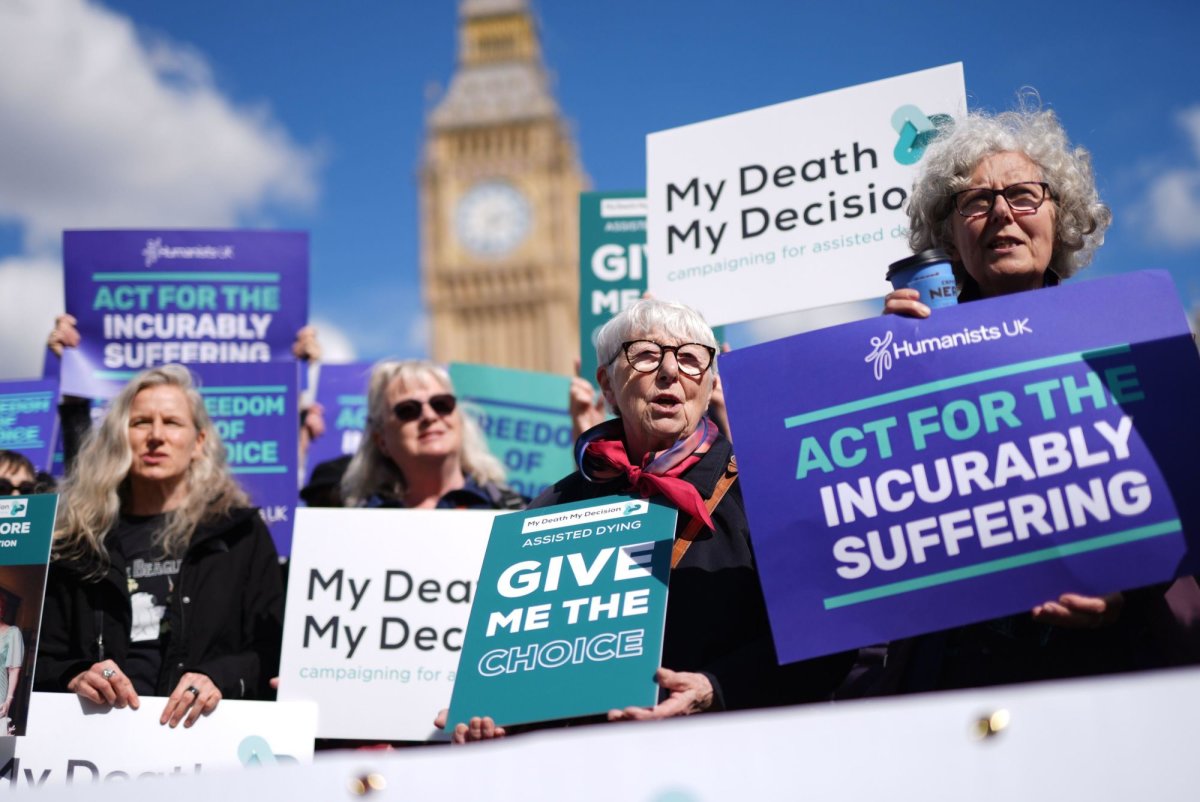MPs Debate Assisted Dying Laws in UK Parliament
MPs from various political parties gathered for a crucial debate in Westminster Hall to discuss the current laws surrounding assisted dying in the UK. The debate was prompted by an e-petition with over 207,000 signatures, highlighting the growing public interest in this contentious issue.
Support for Law Change
Many MPs expressed concerns that the existing law on assisted dying perpetuates inequalities, with wealthier individuals having easier access to end-of-life options compared to those who cannot afford it. There is a growing consensus among MPs that a change in legislation is necessary to address these disparities.
Public Opinion and Poll Results
A recent poll conducted by Opinium on behalf of Dignity in Dying revealed that 75% of the UK population supports legalizing assisted dying, with only 14% opposed. This overwhelming public support has put pressure on lawmakers to consider revising the current laws.
Debate Highlights
- Labour MP Tonia Antoniazzi emphasized the shifting public opinion towards assisted dying and the need for safeguards in any potential law changes.
- Conservative MP Kit Malthouse criticized the existing system as “appalling” and highlighted the inequalities in end-of-life care.
- Green Party MP Caroline Lucas argued that the current law inadvertently encourages unregulated assisted dying practices.
Concerns and Counterarguments
While there is support for legalizing assisted dying, some MPs raised concerns about the potential impact on vulnerable individuals. Issues such as societal attitudes towards the elderly, access to palliative care, and the risk of a “slippery slope” were discussed during the debate.
Government Stance and Future Steps
While MPs are divided on the issue, both the Conservative government and Labour leader Keir Starmer have indicated that any changes to the law should be led by Parliament through a Private Member’s Bill. The government remains neutral on the matter, leaving it to individual parliamentarians to decide on their stance.
Public Awareness and Understanding
A recent survey highlighted the need to improve public understanding of palliative care and end-of-life options. There are concerns about limited awareness, especially among ethnic minority groups, regarding the available resources and support for individuals facing terminal illnesses.
















































